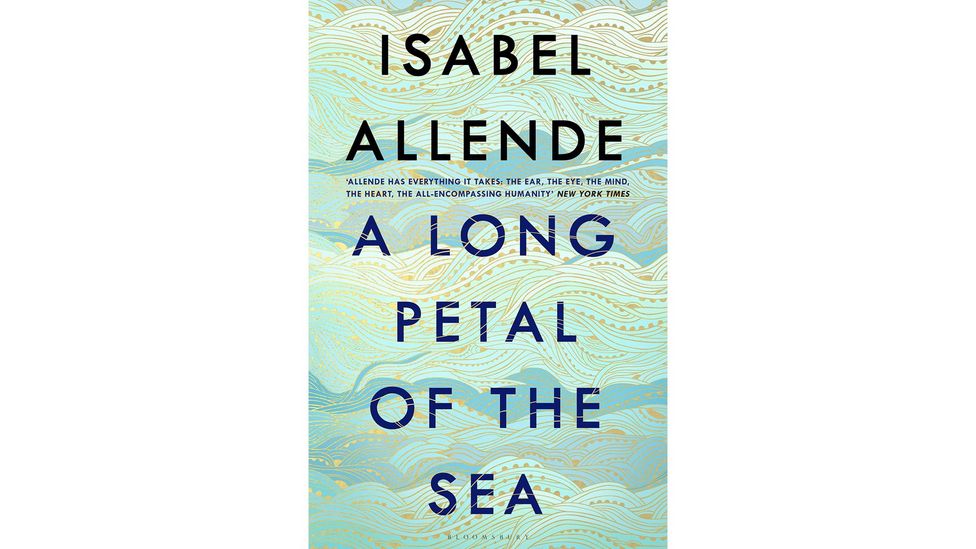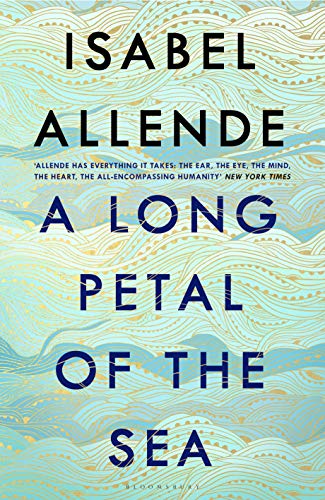
Maybe I wouldn’t have minded as much if the style hadn’t been so very dry.

This ‘happened’, and then this ‘happened’, and years later this ‘happened’. There are a few brief dialogues here and there, but for the most part it is an act-by-act account of historical events with a few uninspired soap-operish elements thrown into the mix. Sadly, within the first pages I soon picked up on the fact that in this novel Allende’s writing is all-telling and no-showing. On paper the story sounded like a tragic yet poignant epic. Their new status as refugees is not an easy one to embrace and both Victor and Roser will find difficulties in adjusting themselves to their new home. In Chile Victor and Roser will have to learn to acclimate to a culture that is different from their own one. It is thanks to him and the Winnipeg ship that around 2,000 refugees were able to escape a war torn Europe. Victor, who is fighting against the fascist regime of Francisco Franco, soon realises that the only way he and his loved ones can survive is by leaving their once beloved but now unrecognisable country.Įnter the poet Pablo Neruda. We read of the bleak reality of soldiers such as Victor’s brother as well as the dangers faced by civilians. Here Allende spends large sections to detailing the causes and consequences of the Spanish Civil War.

The narrative opens in Spain, introducing us to Victor, his family, and Roser. Set against the tumultuous backdrop of the Spanish Civil War, this novel tells the story of a young doctor, Victor Dalmau, who alongside his sister-in-law and many of their compatriots are forced into exile. Having loved her memoir of Chile, My Invented Country, I was looking forward to A Long Petal of the Sea as it promised to be an evocative account of Spanish refugees in Chile. When I was in middle-grade I fell in love with her Eagle and Jaguar series and in the years since I’ve enjoyed other novels by her.

Isabel Allende is one of my all time favourite writers.


 0 kommentar(er)
0 kommentar(er)
